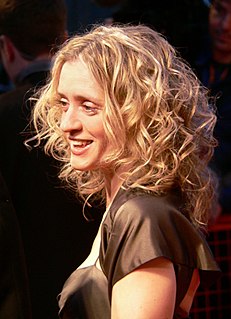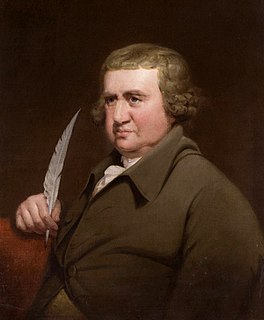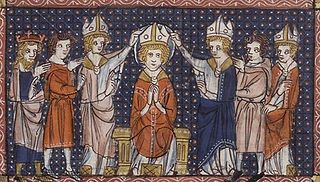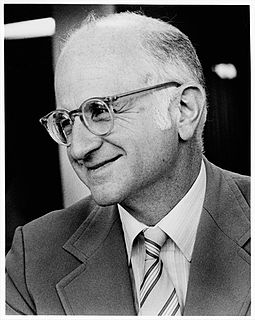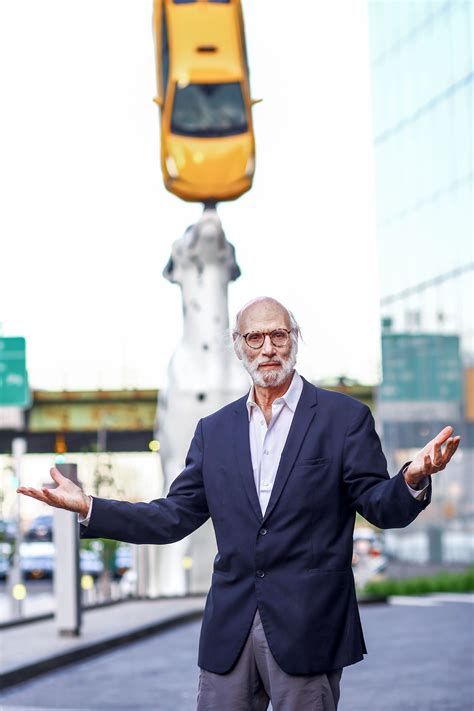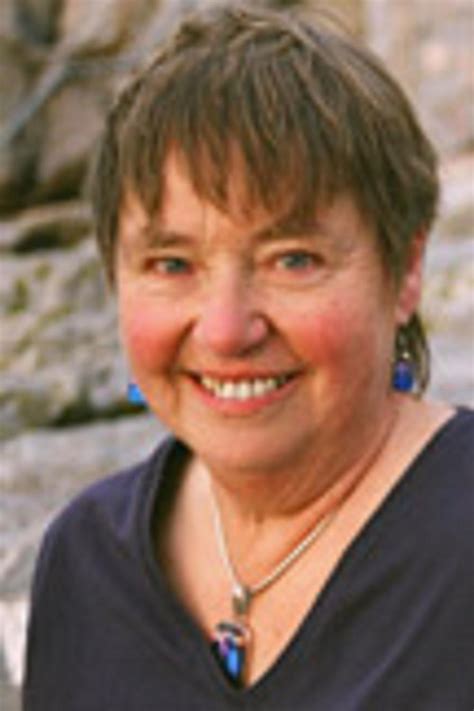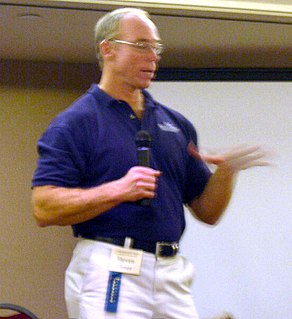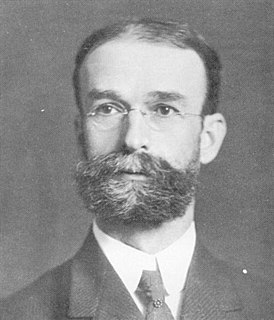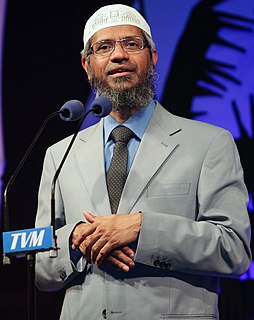A Quote by Bernard Nathanson
We can see the child moving rather serenely in the uterus. The child senses aggression in its sanctuary. We see the child's mouth wide open in a silent scream.
Related Quotes
It is a form of violence, to not see a being for who he or she really is. You think, "Oh, that's my son." But the lens, "my son," completely obliterates the multi- dimensions of that being. Maybe you only see your disappointments in that child, or you aspirations for that child, but that's not the child.
A child is an eager observer and is particularly attracted by the actions of the adults and wants to imitate them. In this regard an adult can have a kind of mission. He can be an inspiration for the child's actions, a kind of open book wherein a child can learn how to direct his own movements. But an adult, if he is to afford proper guidance, must always be calm and act slowly so that the child who is watching him can clearly see his actions in all their particulars.
I love child things because there's so much mystery when you're a child. When you're a child, something as simple as a tree doesn't make sense. You see it in the distance and it looks small, but as you go closer, it seems to grow - you haven't got a handle on the rules when you're a child. We think we understand the rules when we become adults but what we really experienced is a narrowing of the imagination.
While I was writing the book, one of my children was diagnosed with dyslexia. Dyslexia is a very tiny word for a wide-ranging neurological condition that affects different people in different ways. But I was reading an awful lot about it, to try and find ways of helping my child. I think a lot of fiction comes from this desire to confront unanswerable questions, and it's heartbreaking to see your child, a bright child, struggling so much with something that others are finding so easy. It's such an assault to the child's self-esteem and, as a mother, it's hard to watch.
A child is not a Christian child, not a Muslim child, but a child of Christian parents or a child of Muslim parents. This latter nomenclature, by the way, would be an excellent piece of consciousness-raising for the children themselves. A child who is told she is a 'child of Muslim parents' will immediately realize that religion is something for her to choose -or reject- when she becomes old enough to do so.
Another thing very injurious to the child is the tying and cutting of the navel string too soon, which should always be left till the child has not only repeatedly breathed but till all pulsation in the cord ceases. As otherwise the child is much weaker than it ought to be, a part of the blood being left in the placenta which ought to have been in the child and at the same time the placenta does not so naturally collapse, and withdraw itself from the sides of the uterus, and is not therefore removed with so much safety and certainty.
I see it as this: I send my kids to school not only to learn how to read and write and do math, but also to develop socially. So if there's a negative interaction between my child and another child, what I want to know is, how was it handled, what lessons came out of it, and, of course, is my child okay?













